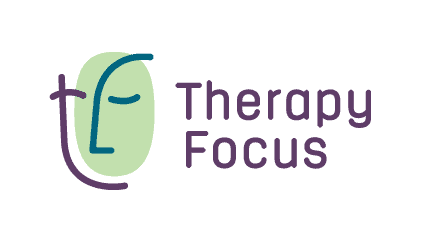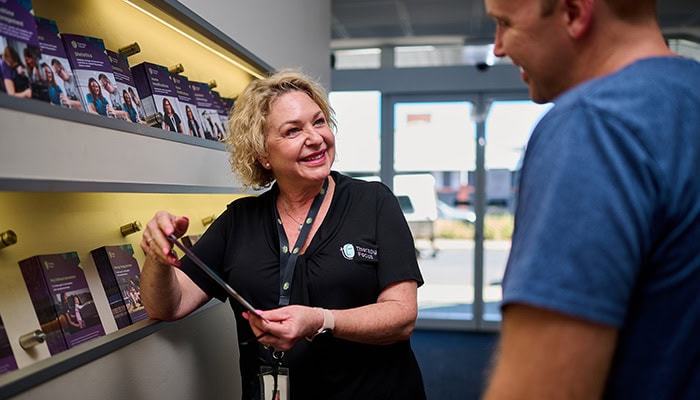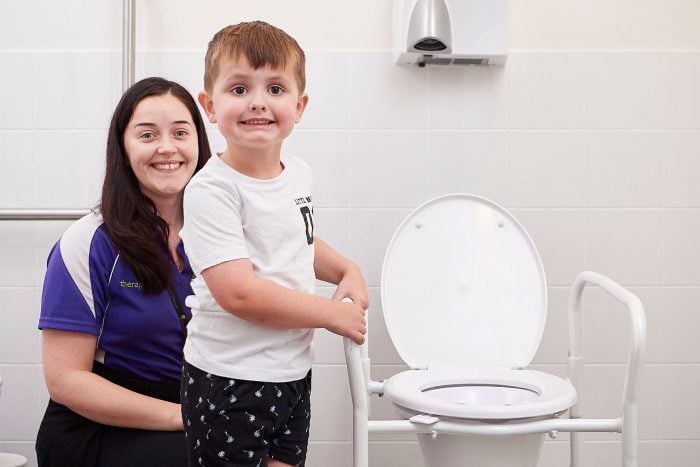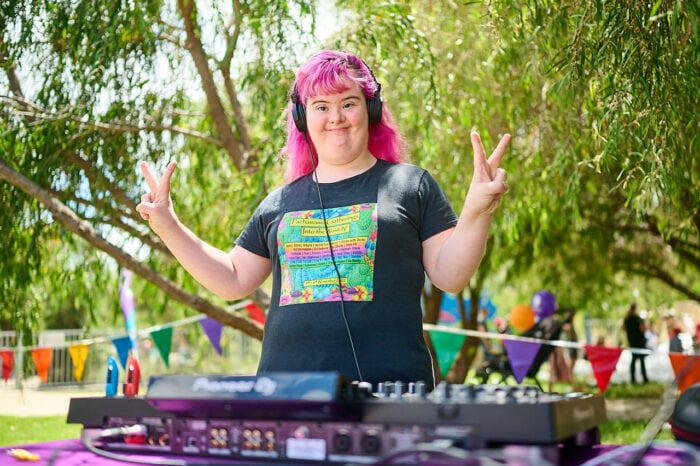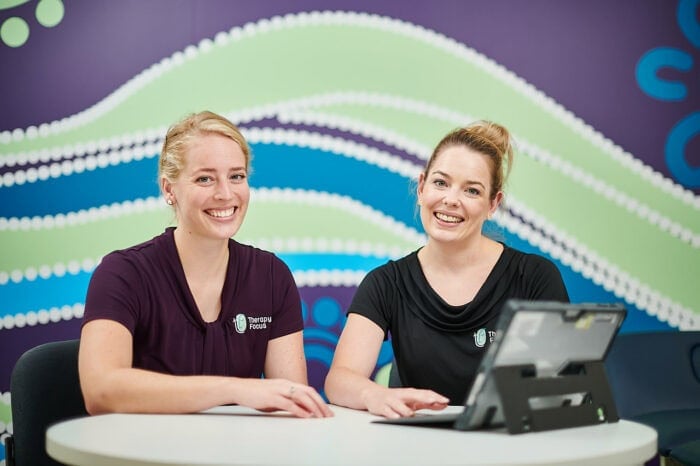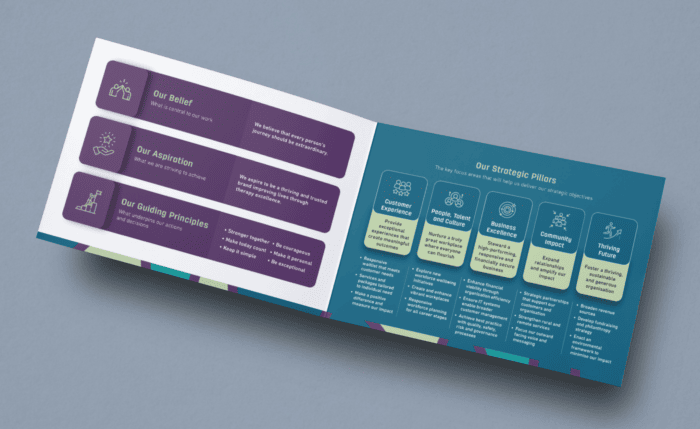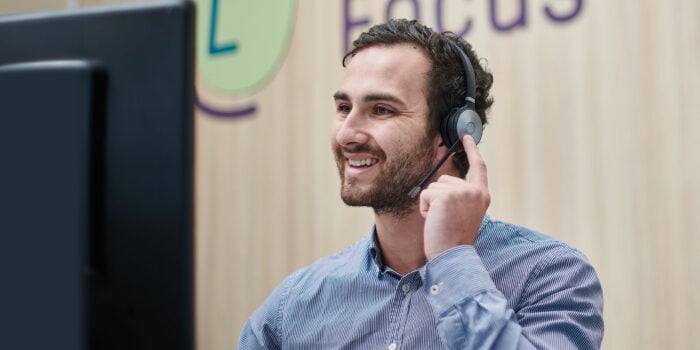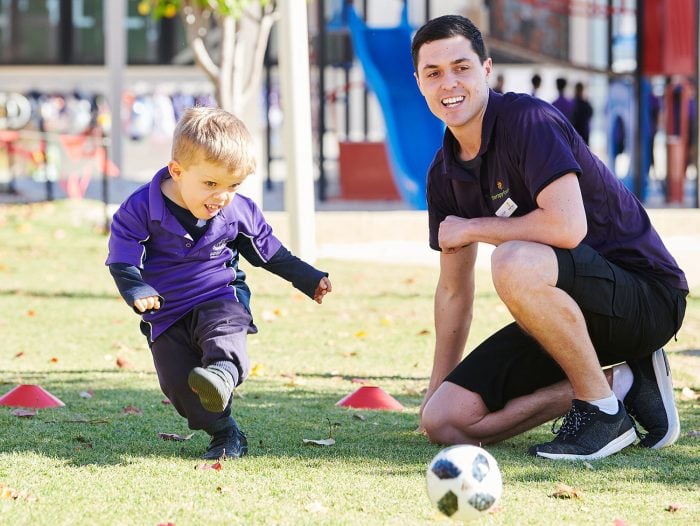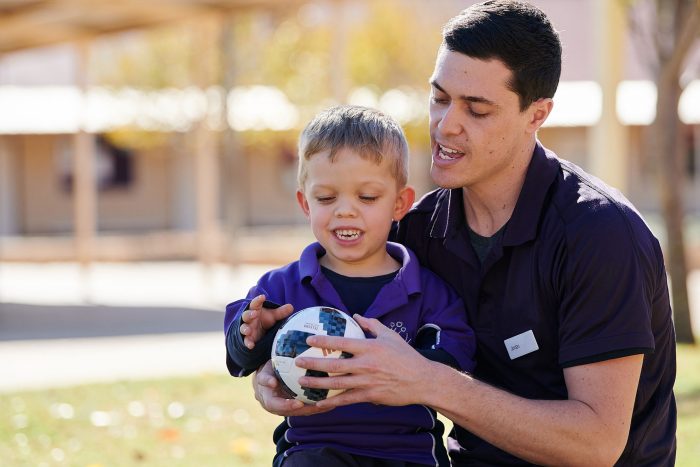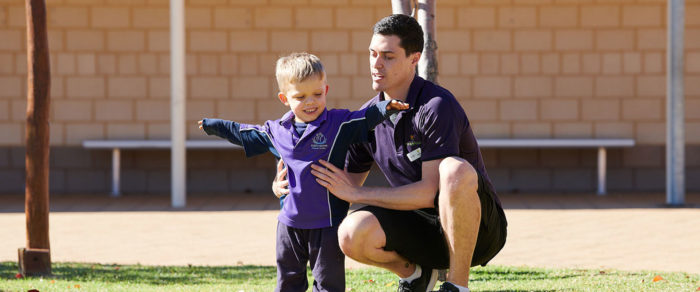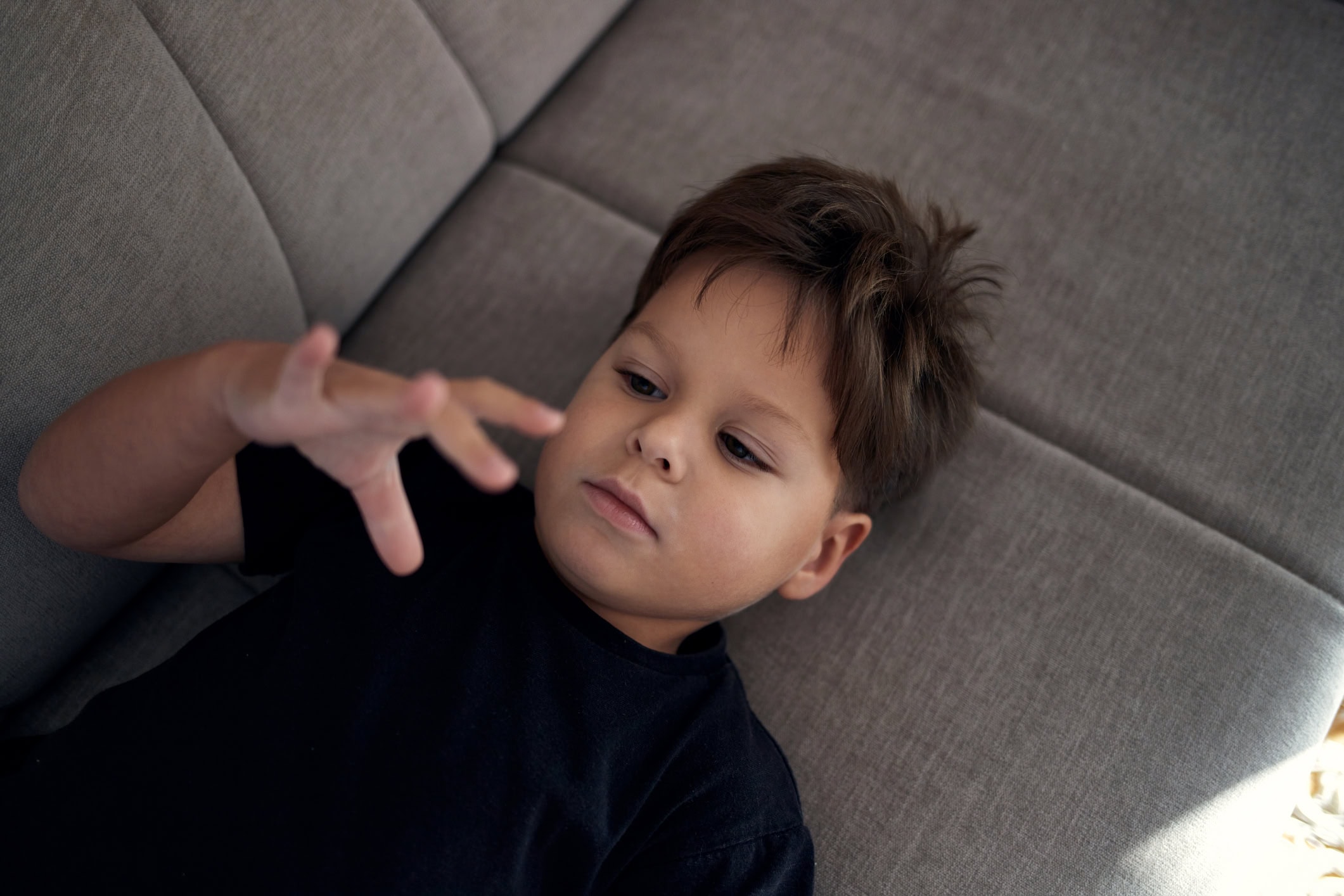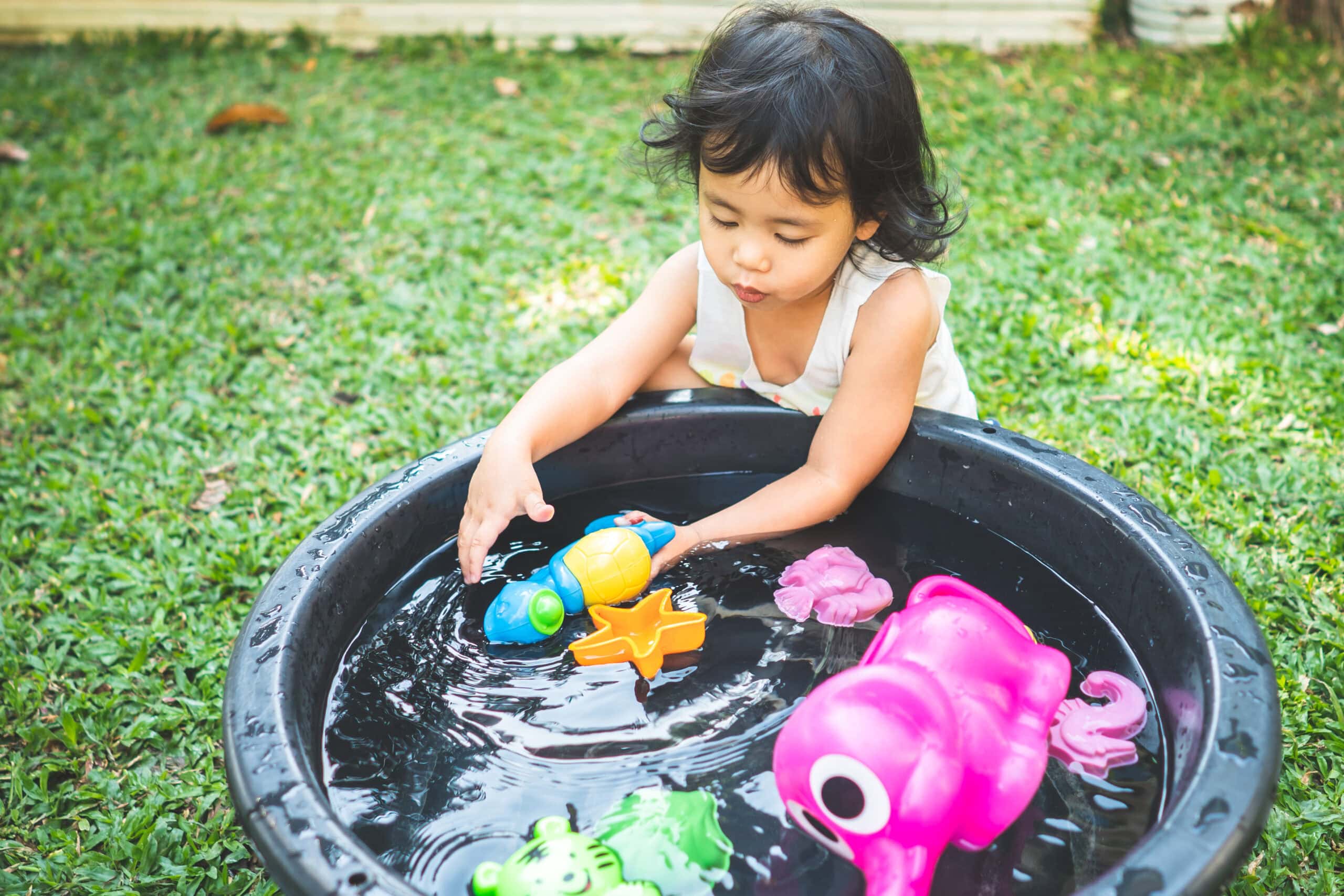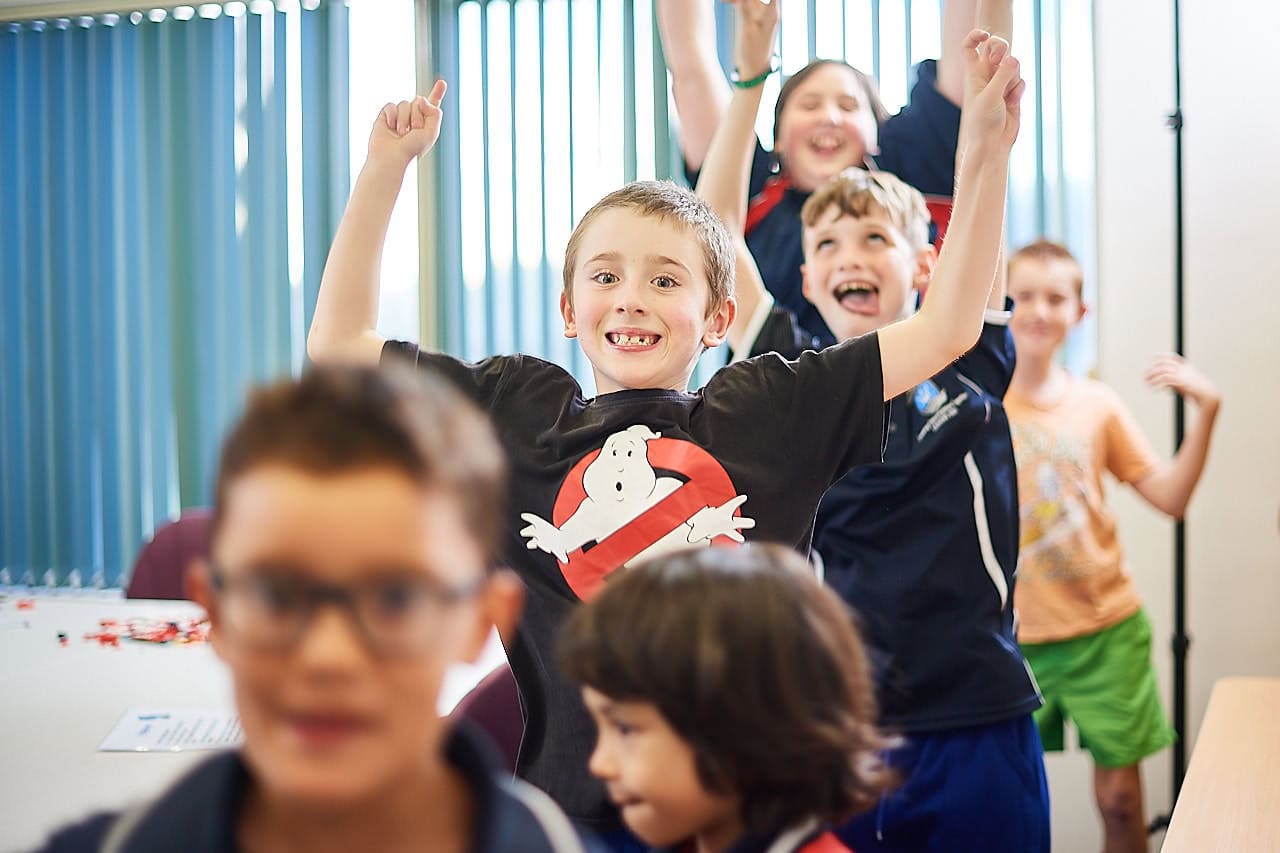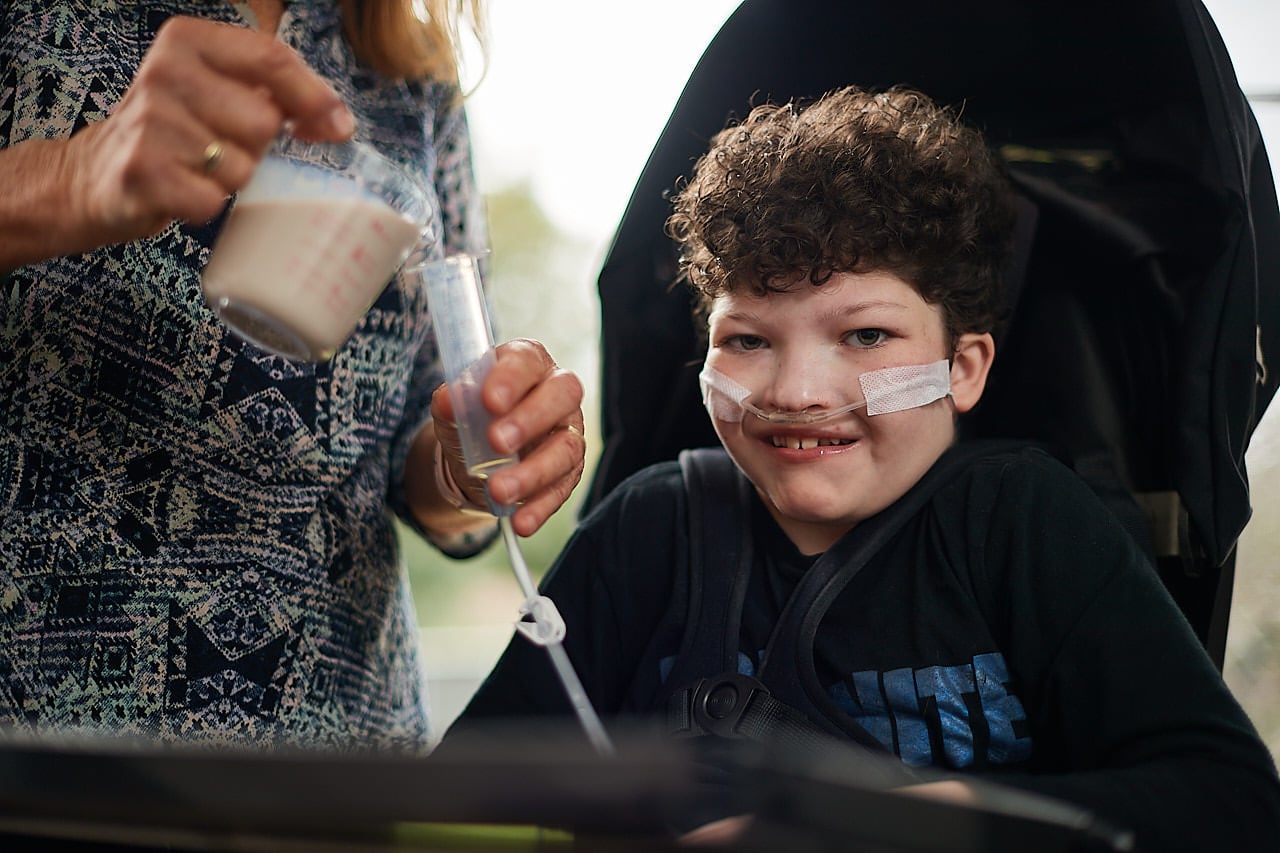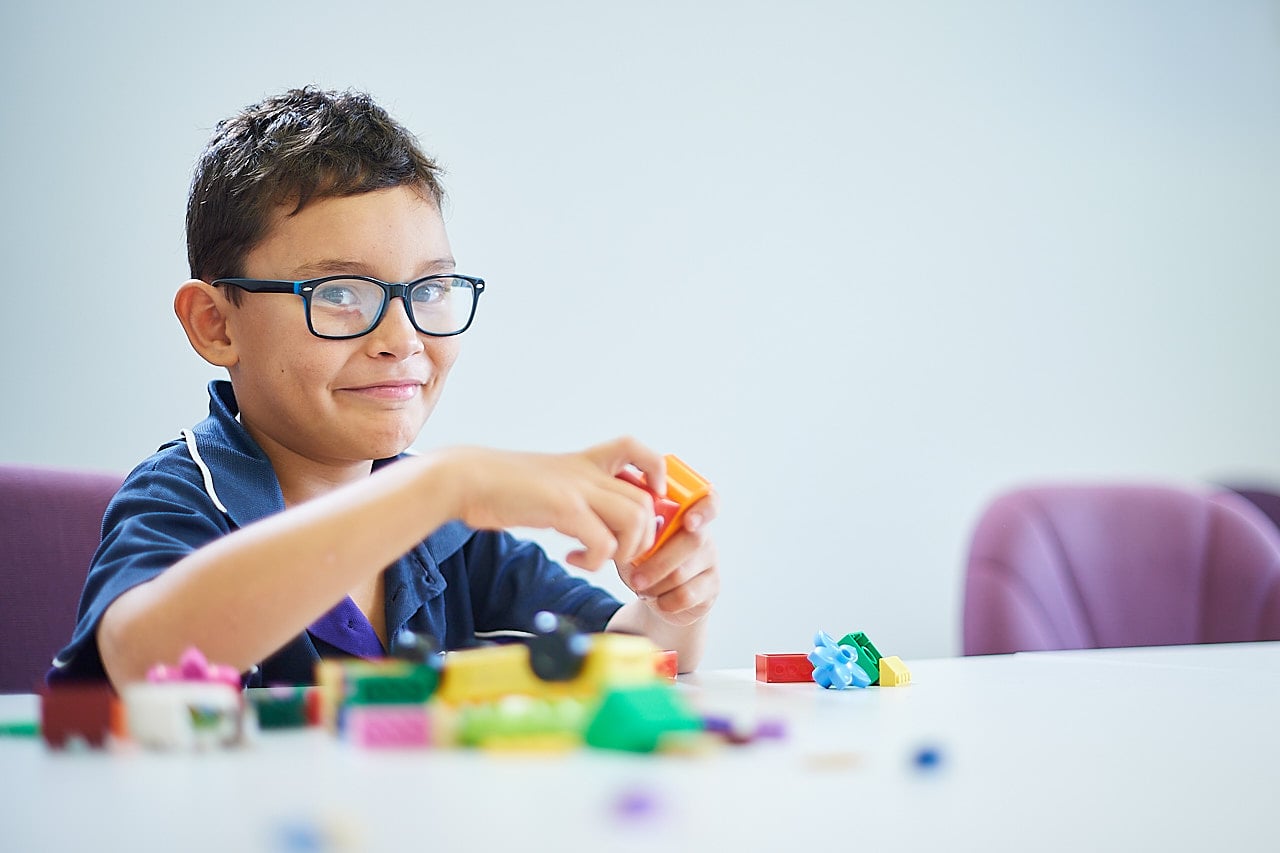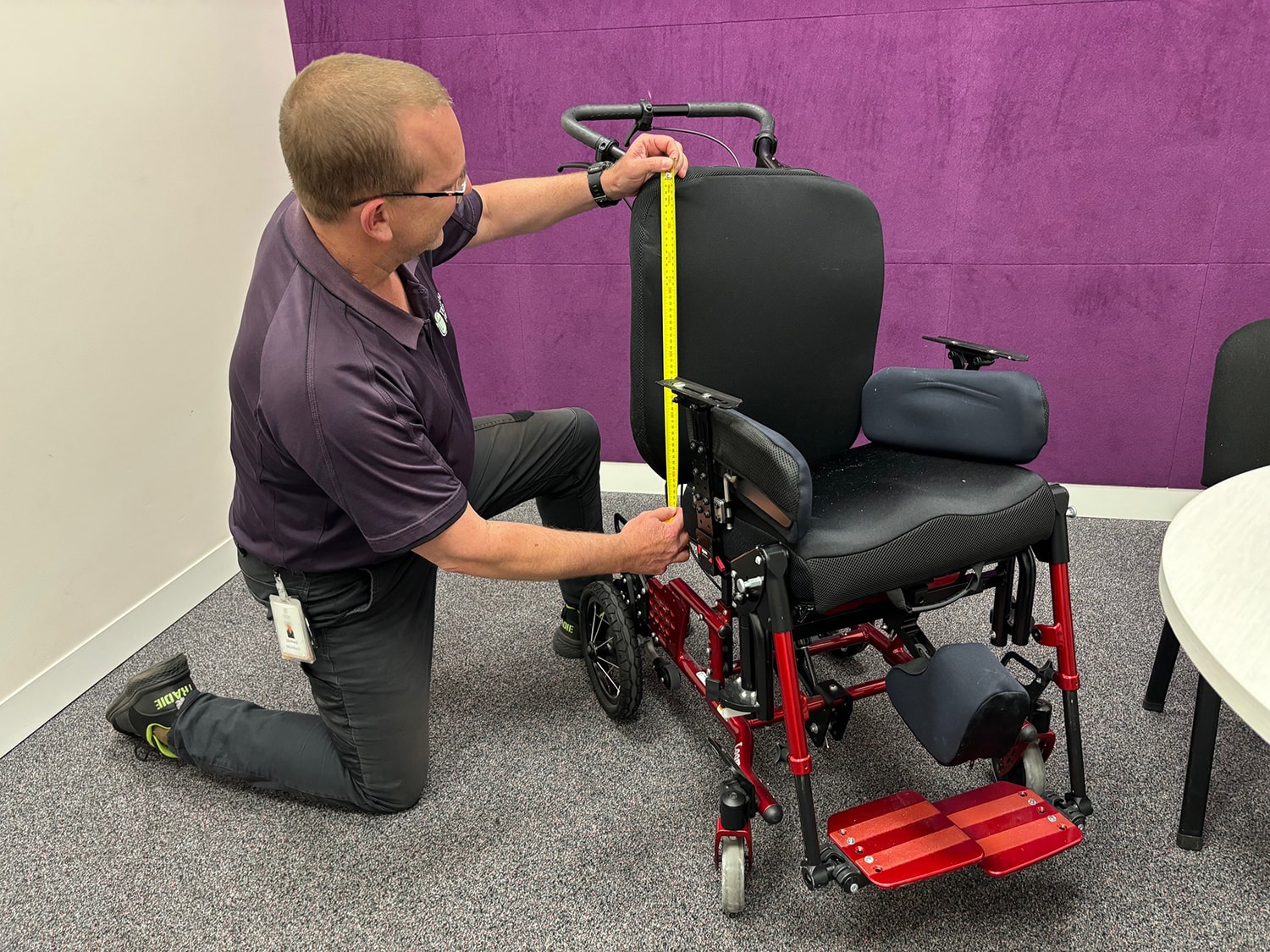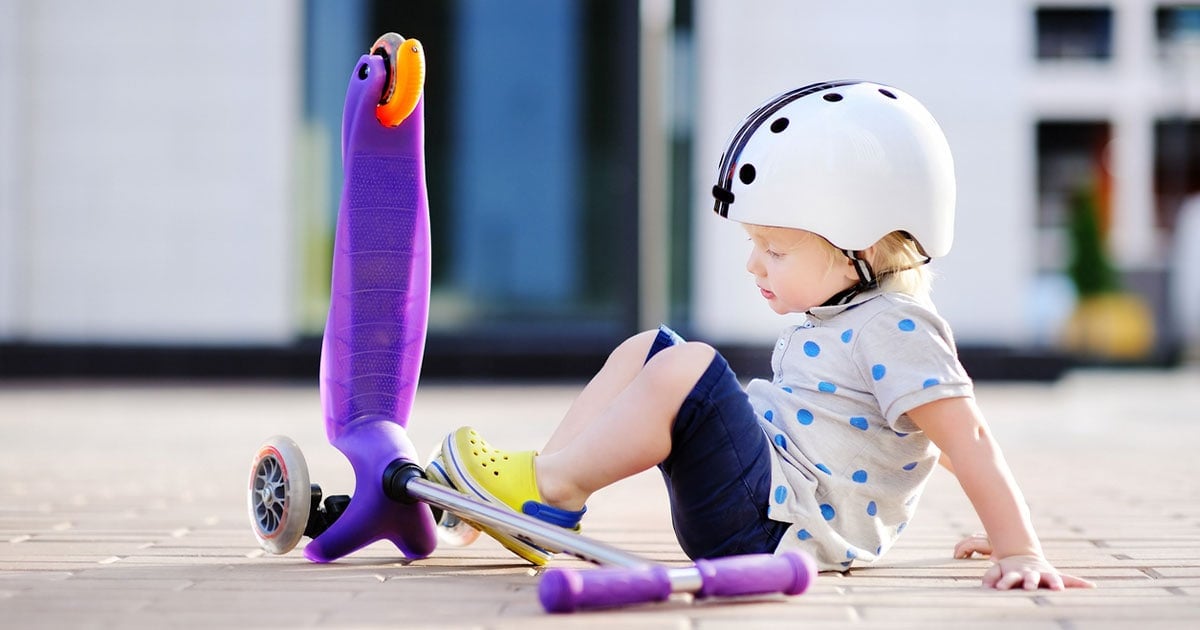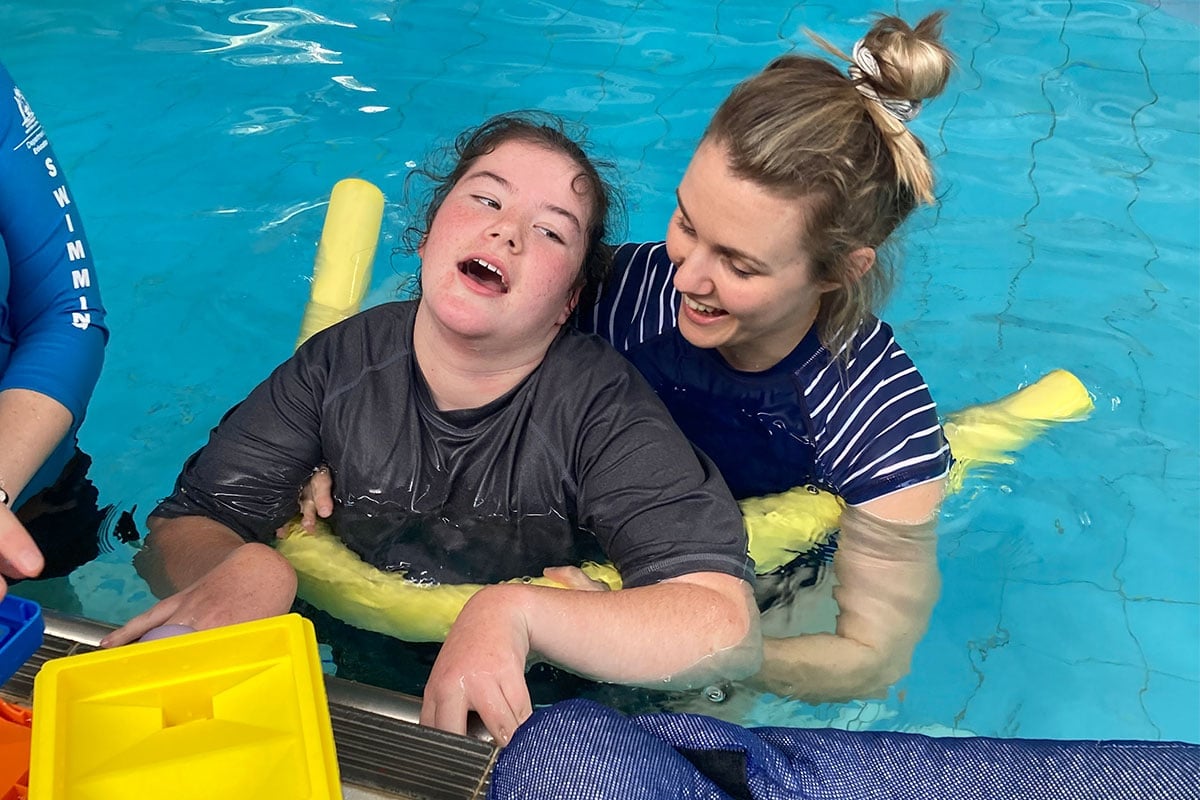Take it outside! The benefits of outdoor play
The great outdoors – a place where you can experience life in the constantly changing natural elements. The outdoors is an excellent place for children to practice their running, throwing, kicking and fundamental skills while playing. Children can experiment, solve problems, think creatively, co-operate with others, and gain a deeper knowledge about themselves and the world surrounding them.
Let’s explore some activities you can incorporate into your child’s play routine next time you are experiencing the great outdoors.
Research suggests that outdoor play is very important for a child’s development. Outdoor play encourages cognitive, physical, social and emotional wellbeing in conditions that let children learn and thrive.
The opportunity to enjoy nature and the outdoors is an essential ingredient for quality of life in children with disability. It provides them with the chance to explore amongst nature, spend time with pets and actively engage in meaningful activities (Davis et al., 2017).
Playgrounds
Playgrounds are more than just a place to have fun; they also provide an excellent opportunity for your child to develop their gross motor skills and fundamental movement patterns through outdoor play!
There are many parks around Perth which have a variety of equipment that can help your child develop their balance, lower limb strength, upper limb strength and fitness.
Have a go! Use the swings, climb the monkey bars, fly on the flying fox, climb ladders and ropes, and slide down the slide! Hold their hand where necessary and use lots of encouragement.
For more information about the best parks in Perth, including their facilities, visit Buggy Buddy’s. For more ideas about outdoor activities, visit Natureplay, WA.
Activities to Develop Your Child’s Strength, Fitness and Endurance
Walking
Walk to the park, shops or school, or if travelling by car, park a distance away and walk from there.
Running
Play chasey with your friends and family.
For competition, participate in relay races against siblings, parents and friends to practice running forwards and backwards, side stepping, hopping, crawling, jumping, animal movements – use your imagination!
On Wheels
If you have access to a bike or scooter, ride it or bring it to the park and do a few laps along the paths.
Practice riding up slopes to improve leg strength.
Stairs
Encourage your child to be as independent as they can on the stairs. Provide as much assistance as they require so that your child is safe on the stairs, such as one hand held by a parent, one hand on the rail. Allow them more independence as they improve.
Remember that children tend to develop the ability to walk upstairs before they can go down.
Activities to Challenge Your Child’s Balance
Practice kicking a ball on the ground and out of hands.
Practice touching the top of a ball with the bottom of one of your feet.
Walk along stepping-stones and uneven surfaces. Your child may need a helping hand initially. As they improve, decrease the amount of handheld assistance, until they can complete this activity independently.
Activities to Improve Your Child’s Co-ordination
Ball sports
Practice throwing and catching different sized balls at the park, in the backyard, or against a wall, with siblings, friends or to yourself. Set up targets to improve your accuracy.
Swimming
Physiotherapy in the pool is becoming increasingly popular and can help to improve children’s strength and balance. It also provides the opportunity to learn swimming strokes and water safety skills.
Close supervision must be always be provided to children when around water. For a list of community pools and aquatic centres with lifeguards on duty where you can practice activities in the pool, please visit kids-around-perth.com
Modified Sporting Programs
Modified sporting programs are an effective and engaging way to support participation in sport and improve gross motor skills. For children with disability, the opportunity for social inclusion, community participation and physical activity is linked with improvements in fitness, self-esteem, confidence and quality of life (Clutterbuck, Auld and Johnston, 2018).
For a list of programs across metropolitan Perth that accept all abilities visit autism.org.au. Please note details are subject to change. For any questions or ideas, speak to your therapist!
References
- Clutterbuck, G. L., Auld, M. L., and Johnston, L. M. (2018). SPORTS STARS study protocol: a randomised, controlled trial of the effectiveness of a physiotherapist-led modified sport intervention for ambulant school-aged children with cerebral palsy. BMC Pediatrics, 18(1), 1-10. https://doi.org/10.1186/s12887-018-1190-z
- Davis, E., Reddihough, D., Murphy, N., Epstein, A., Reid, S. M., Whitehouse, A., Williams, K., Leonard, H., and Downs, J. (2017). Exploring quality of life of children with cerebral palsy and intellectual disability: What are the important domains of life?. Child: Care, Health and Development, 43(6), 854–860. https://doi.org/10.1111/cch.12501
School Aged Therapy
We help school aged children build on strengths, discover their abilities and achieve their goals through a range of therapy services.
